Posted on 3/28/2025
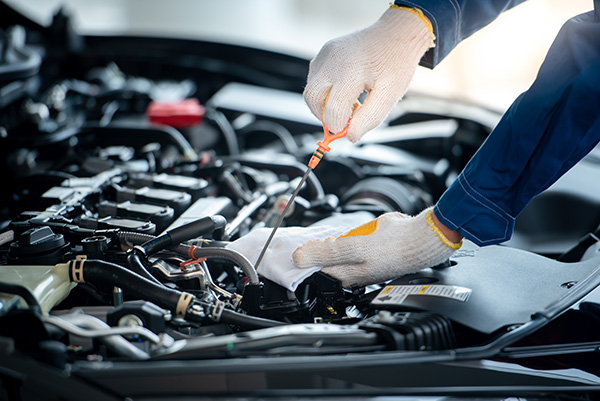
Your car is one of your biggest investments, and taking care of it properly can mean the difference between years of reliable driving and costly, unexpected repairs. While most drivers know the importance of regular oil changes and tire rotations, there are plenty of other simple maintenance habits that can significantly improve performance and longevity. The good news? A little extra care goes a long way in preventing breakdowns and saving you money on repairs. So, what are the best ways to keep your car in top shape? Oil Changes Most drivers know they need to change their oil, but the real secret is understanding that how often you change it depends on how you drive. Many cars today can go longer between oil changes, especially with synthetic oil, but stop-and-go traffic, extreme temperatures, and frequent short trips can break down oil faster than normal. Instead of relying on generic mileage recommendations, check your owner’s manual for the best schedule ... read more
Posted on 2/14/2025

Earning the CARFAX Top-Rated Dealer designation is a significant achievement in the automotive industry. It signals to potential customers that a dealership is trusted, transparent, and consistently delivers a positive buying experience. But how does a dealership earn this prestigious recognition? CARFAX has clear requirements that businesses must meet to qualify, making it a goal that only the most customer-focused dealerships achieve. What Is a CARFAX Top-Rated Dealer The CARFAX Top-Rated Dealer program was created to recognize dealerships that prioritize customer satisfaction and uphold high standards in their business practices. Unlike other awards, this one is directly tied to verified customer reviews and engagement with CARFAX’s vehicle history services. Consumers today rely on CARFAX reports to make informed decisions about used vehicles. A dealership that earns a Top-Rated Dealer badge is one that has demonstrated honesty in vehicle history reporting ... read more
Posted on 1/31/2025
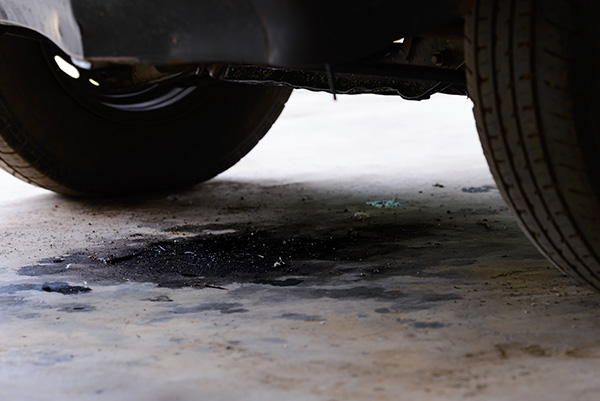
Have you noticed a slick puddle under your car? An oil leak might be to blame. While it may seem like a minor inconvenience, ignoring an oil leak can lead to serious engine problems. From worn seals to loose components, the reasons behind oil leaks vary, but understanding the common causes can help you spot and address the issue before it escalates. Faulty Gaskets and Seals One of the most common reasons for oil leaks is worn or damaged gaskets and seals. These components are responsible for keeping oil contained within the engine. Over time, gaskets and seals can deteriorate due to heat, pressure, and age. Valve cover gaskets and oil pan gaskets are particularly prone to wear and tear. When these parts fail, you may notice oil dripping from the bottom of your car or seeping onto other engine components. Replacing worn gaskets and seals promptly can save you from costly repairs down the road. A Worn-Out or Damaged Oil Pan Your oil pan is located a ... read more
Posted on 12/20/2024
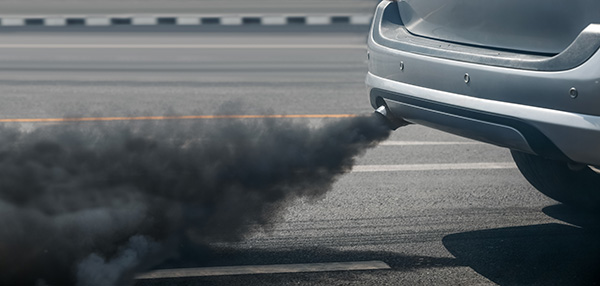
Ever noticed your car’s exhaust emitting smoke in unusual colors? While it may look dramatic, it’s often your car’s way of signaling that something isn’t quite right. Understanding the different exhaust smoke colors can help you figure out what’s going on under the hood and whether it’s time for a trip to the repair shop. Being aware of these signs can save you from bigger problems down the road. The Meaning Behind Each Smoke Color Your car’s exhaust system is designed to release emissions safely. But when smoke comes out in distinct colors, it’s a sign that something may be wrong. Each color points to a different issue, and paying attention can help you address it early. White Exhaust Smoke White smoke usually indicates that coolant is leaking into the combustion chamber. This is often a sign of a blown head gasket, a damaged cylinder head, or even a cracked engine block. Thin white vapor on cold mo ... read more
Posted on 11/29/2024
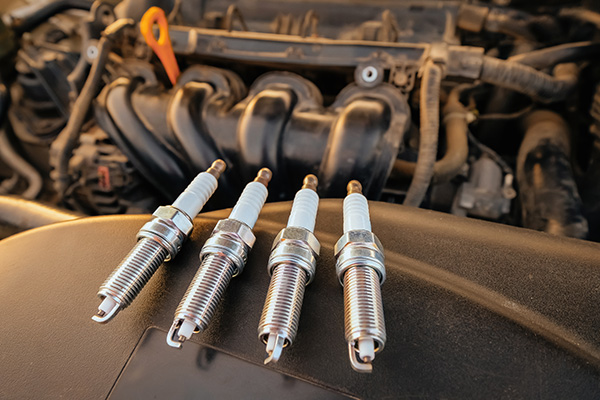
Ever felt that strange, unsettling shake while driving or heard an unexpected popping sound from under the hood? These symptoms often point to an engine misfire, a common issue that can impact everything from performance to fuel efficiency. Understanding what causes a car engine to misfire can help you act quickly, saving both time and money. Engine Misfires An engine misfire happens when one or more cylinders in your engine fail to combust the air-fuel mixture effectively. Since your engine relies on synchronized and consistent combustion in each cylinder, a single misfire disrupts the rhythm, causing that familiar jolt or stuttering you might feel on the road. It’s more than just an annoyance; misfires can reduce fuel economy, produce harmful emissions, and lead to long-term engine damage if left unaddressed. Common Causes of Engine Misfires Engine misfires stem from various factors, usually tied to issues in the ignition, fuel, or air syst ... read more
Posted on 10/31/2024
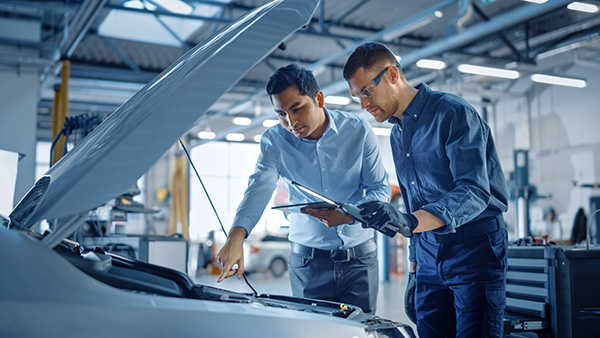
Experiencing hesitation when accelerating is more than just a minor annoyance—it could be a sign that something deeper is going on with your vehicle. When you hit the gas and the car stutters, lags, or feels unresponsive, it indicates a mechanical or electrical issue that needs attention. But what exactly causes this hesitation? Let’s take a closer look at some of the most common reasons your car may hesitate when you accelerate. Fuel System Issues One of the primary reasons for hesitation during acceleration lies within your vehicle’s fuel system. If your engine isn't getting enough fuel, it won’t respond as expected when you press down on the gas pedal. Several components in your fuel system could be at fault: Clogged Fuel Injectors Over time, fuel injectors can become clogged with debris and carbon deposits. This restricts the flow of fuel to the engine, causing hesitation and poor performance. Regular fuel injector cl ... read more
Posted on 9/27/2024
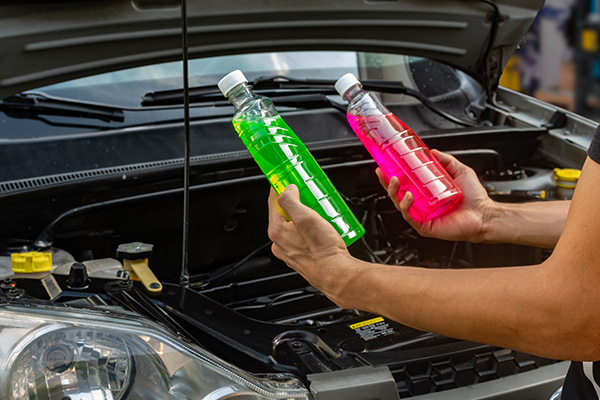
As the fall season approaches, the drop in temperature can bring a whole host of changes for your vehicle. Ensuring your car is ready for the cooler months isn't just about convenience—it's also crucial for safety and performance. Before the chill sets in, taking the time to perform some essential maintenance checks will help prevent breakdowns, improve driving conditions, and keep your car running smoothly through the fall and into the winter months. So, what exactly should you be looking at? Let’s explore the key areas to focus on as autumn rolls in. Tires One of the first things you should inspect before the cooler weather hits is your tires. As temperatures drop, the air pressure in your tires decreases, which can lead to underinflated tires. Driving on underinflated tires reduces your car’s fuel efficiency, increases wear and tear, and negatively impacts handling. Use a tire pressure gauge to ensure that your tires are inflated to the ... read more
Posted on 8/30/2024

Driving at night presents a unique set of challenges. Reduced visibility, glare from oncoming headlights, and the increased likelihood of encountering fatigued or impaired drivers all contribute to the heightened risk of accidents after dark. However, there are effective strategies you can employ to mitigate these risks and ensure a safer nighttime driving experience. Let's explore five essential tips to enhance your safety while driving at night. Tip 1: Optimize Your Headlights Your car's headlights are your primary source of illumination on dark roads, making their maintenance crucial. Regularly check your headlights to ensure they're clean and functioning correctly. Dirt, grime, and oxidation can significantly reduce their effectiveness. It's also essential to ensure your headlights are properly aligned. Misaligned headlights can reduce your ability to see the road clearly and can also blind oncoming drivers. If you're unsure how to check or ad ... read more
Posted on 7/26/2024
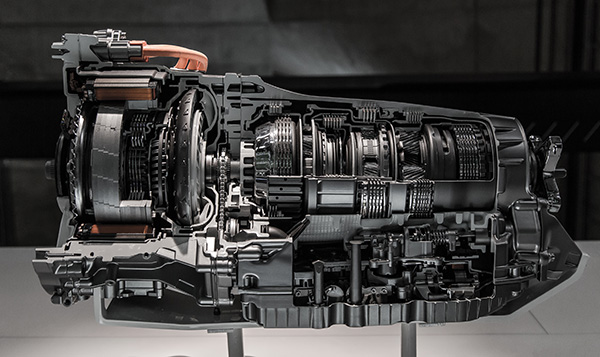
Transmission maintenance is one of those things that car owners often overlook until it's too late. But when it comes to keeping your vehicle running, few things are as important as a well-maintained transmission. Among the various maintenance tasks, technicians often recommend a transmission flush. But is it really necessary? The Transmission in a Car Before we can decide if a transmission flush is necessary, it's important to understand what the transmission does. Essentially, the transmission transfers power from the engine to the wheels, allowing your car to move at different speeds. There are two main types of transmissions: manual and automatic. Regardless of the type, the transmission contains a complex system of gears and compone ... read more
Posted on 6/27/2024
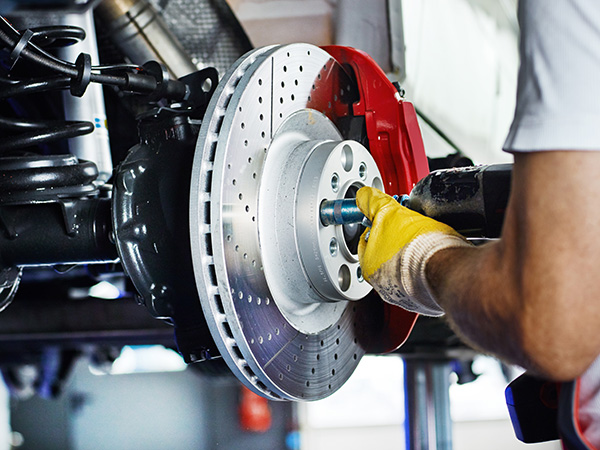
When it comes to car maintenance, understanding the intricacies of your vehicle's braking system is crucial. Have you ever wondered why your brake pads seem to need replacement more often than your brake rotors? It's a common scenario for many drivers, but why's this frequent wear and tear? We'll explain the details and uncover why brake pads wear out faster than brake rotors. Understanding the Basics Before we explain the reasons for the differing wear rates, let's grasp the basic functions of brake pads and rotors. Brake pads are the components that apply pressure and friction to the brake rotors, causing the vehicle to slow down or stop. Rotors, on the other hand, are the discs that the brake pads clamp down on. Both parts are critical to the braking process, but they play different roles and endure different stresses. Material Composition One of the primary reasons brake pads wear out faster is the difference in material com ... read more